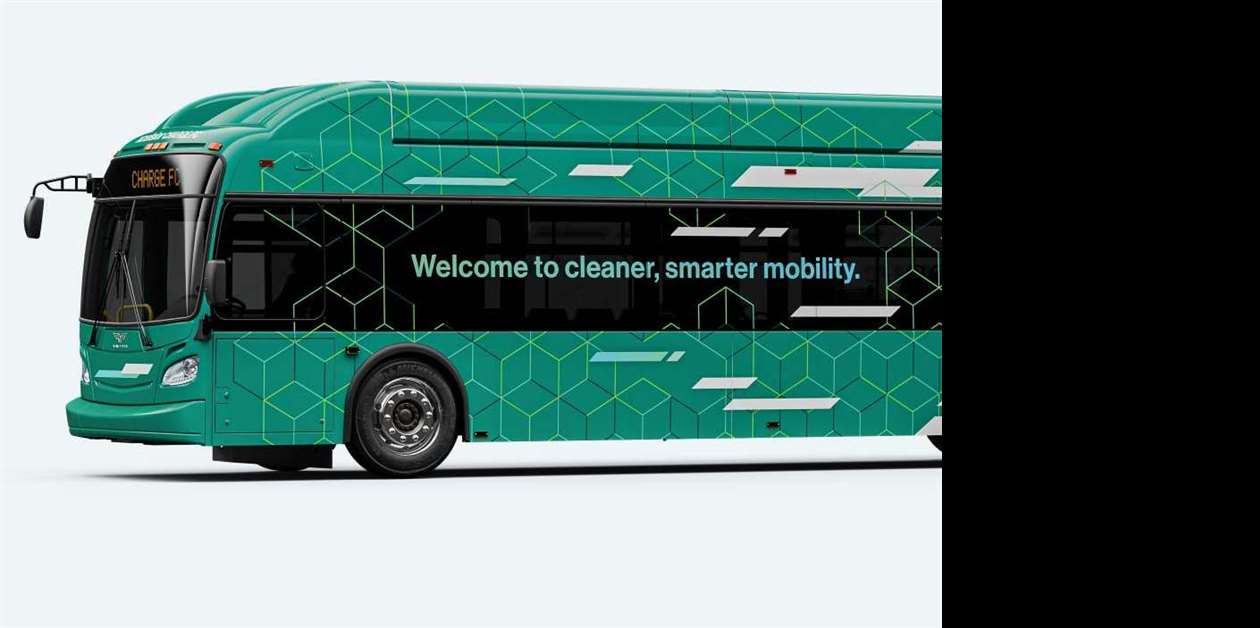Mississauga's Pioneering Hydrogen-Powered Bus Initiative
Key Ideas
- Mississauga, Ontario, launches a groundbreaking project with CUTRIC to pilot 10 hydrogen-powered buses, aiming to advance sustainable transportation options by 2025.
- The city allocates CA$20 million for the buses, with half reimbursed by Canada's Zero Emission Transit Fund, and requests additional funding for facility upgrades to support the initiative.
- Hydrogen fuel cells are seen as a viable alternative to batteries due to predictable routes, lighter weight, and space efficiency, making them ideal for transit buses.
- The project involves partnerships with fuel cell specialist Ballard Power Systems and addresses challenges like cold weather performance and refueling infrastructure options for the buses.
The city of Mississauga in Ontario, Canada, has embarked on a groundbreaking project in collaboration with CUTRIC to introduce 10 fuel cell electric buses (FCEBs) powered by hydrogen. This initiative, slated for completion by December 31, 2025, marks Mississauga's pioneering step in sustainable transportation solutions. With a budget of CA$20 million for the buses, partly funded by Canada's Zero Emission Transit Fund, the city is set to lead the way in leveraging hydrogen technology for public transit.
Hydrogen fuel cells offer a promising alternative to traditional power solutions like battery electric vehicles, particularly for transit agencies dealing with range barriers. The advantages of hydrogen fuel cells in terms of weight, space efficiency, and ease of refueling make them an attractive option for public transportation. Mississauga's MiWay transit agency is also investing in facility upgrades to support the new buses.
The project has attracted attention for its potential to address challenges posed by extreme weather conditions, including Canadian winters. Partnering with Ballard Power Systems, the initiative aims to adapt fuel cells for cold temperatures, ensuring efficient performance even in harsh climates. The adoption of hydrogen FCEBs in Mississauga has broader implications for the transportation sector, with other Canadian cities like Strathcona County, Edmonton, and Winnipeg also venturing into similar pilot programs.
Overall, the Mississauga hydrogen-powered bus initiative represents a significant stride towards a greener and more sustainable public transportation system. By embracing innovative technologies and fostering collaborations, the city is paving the way for a cleaner and more efficient future in urban transit.
Topics
North America
Infrastructure
Innovation
Sustainability
Transportation
Public Funding
Pilot Program
Transit
Canadian Technology
Latest News
